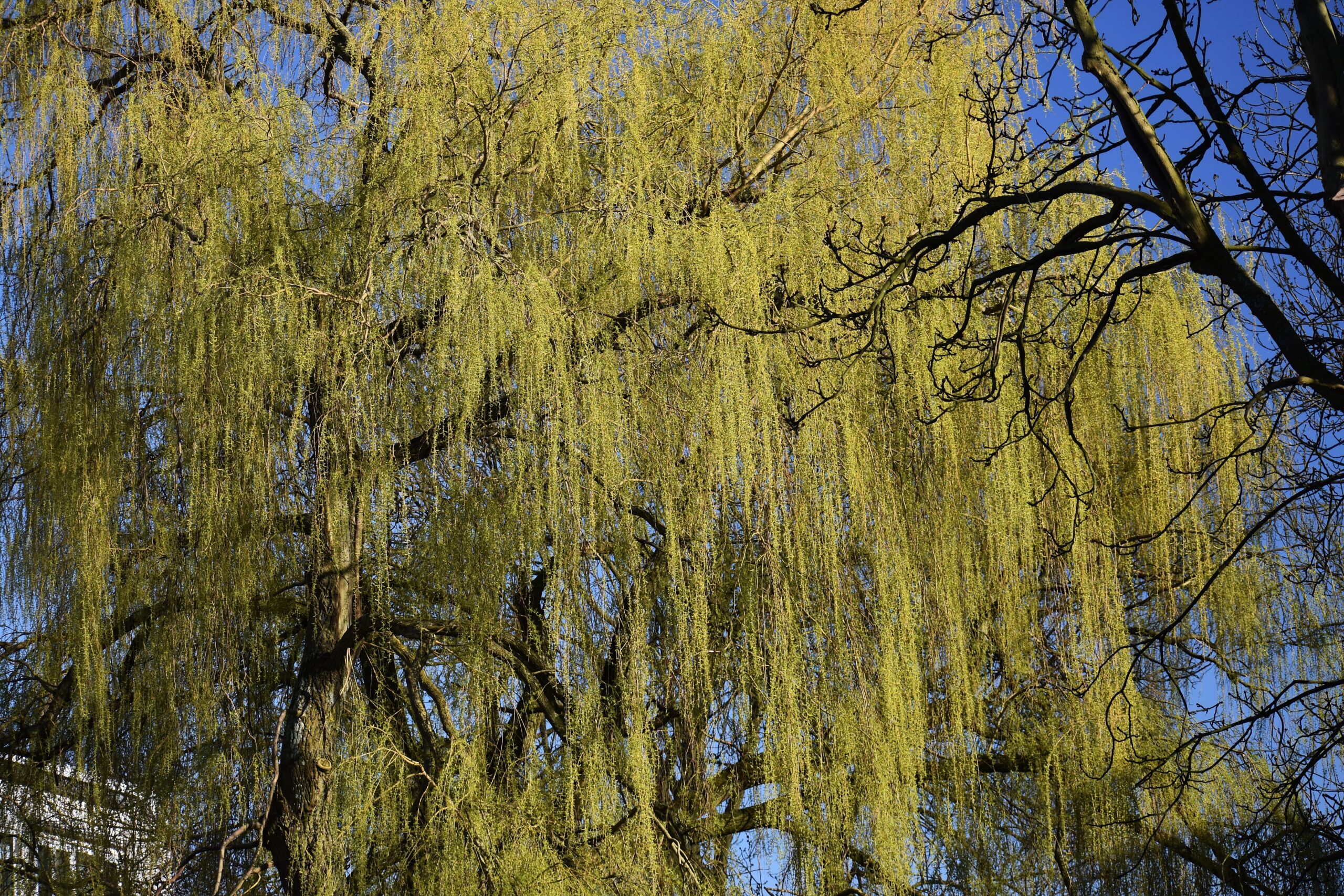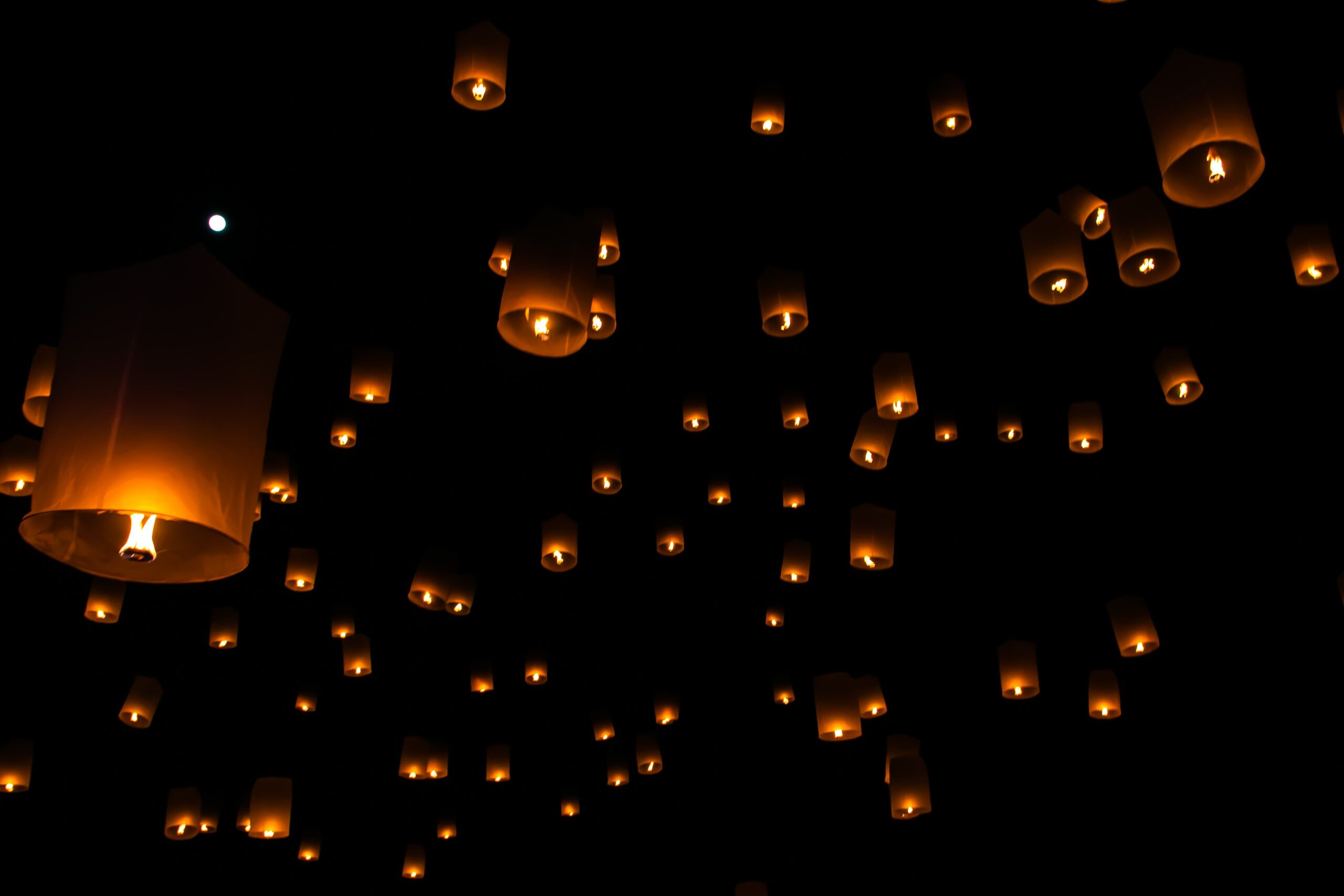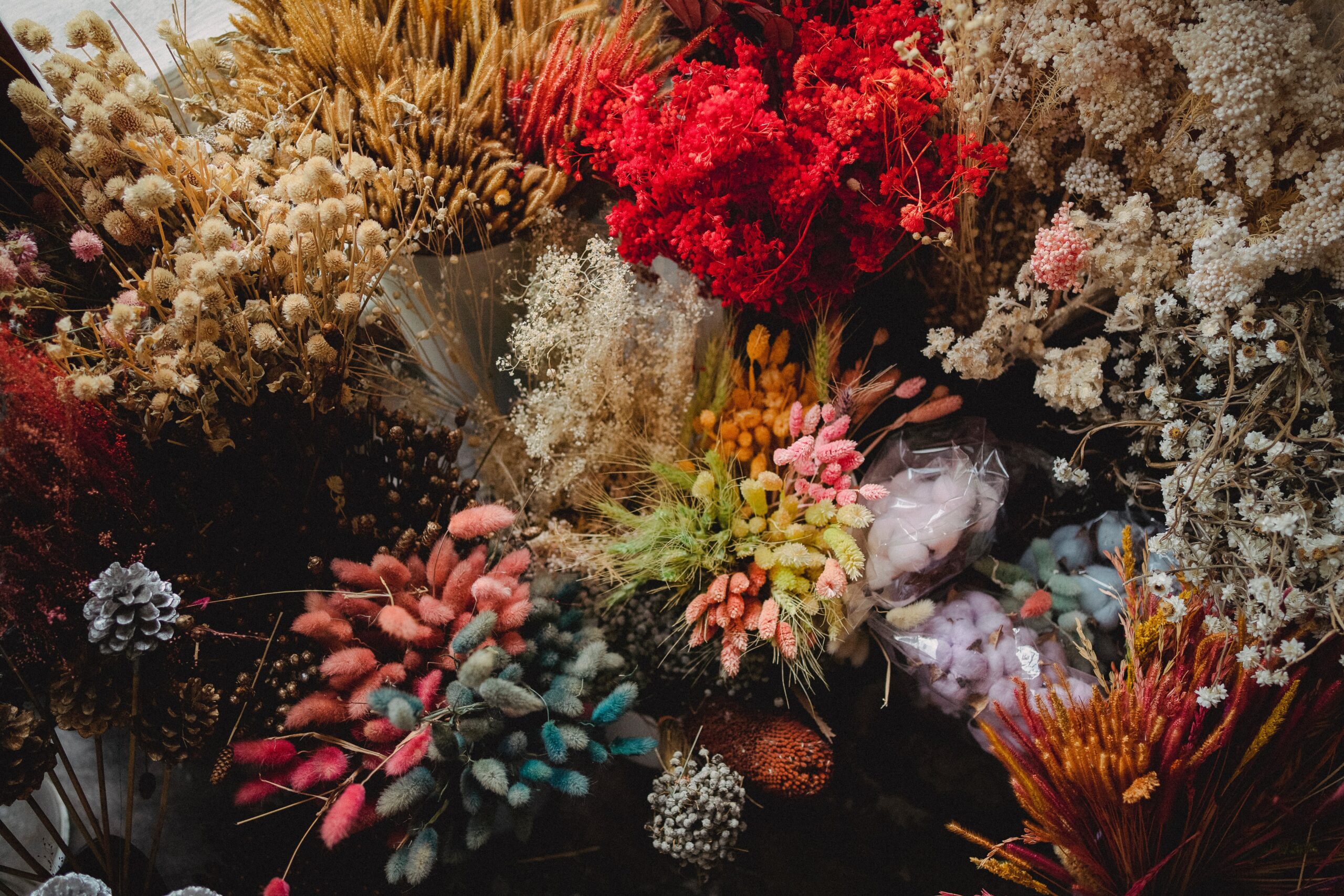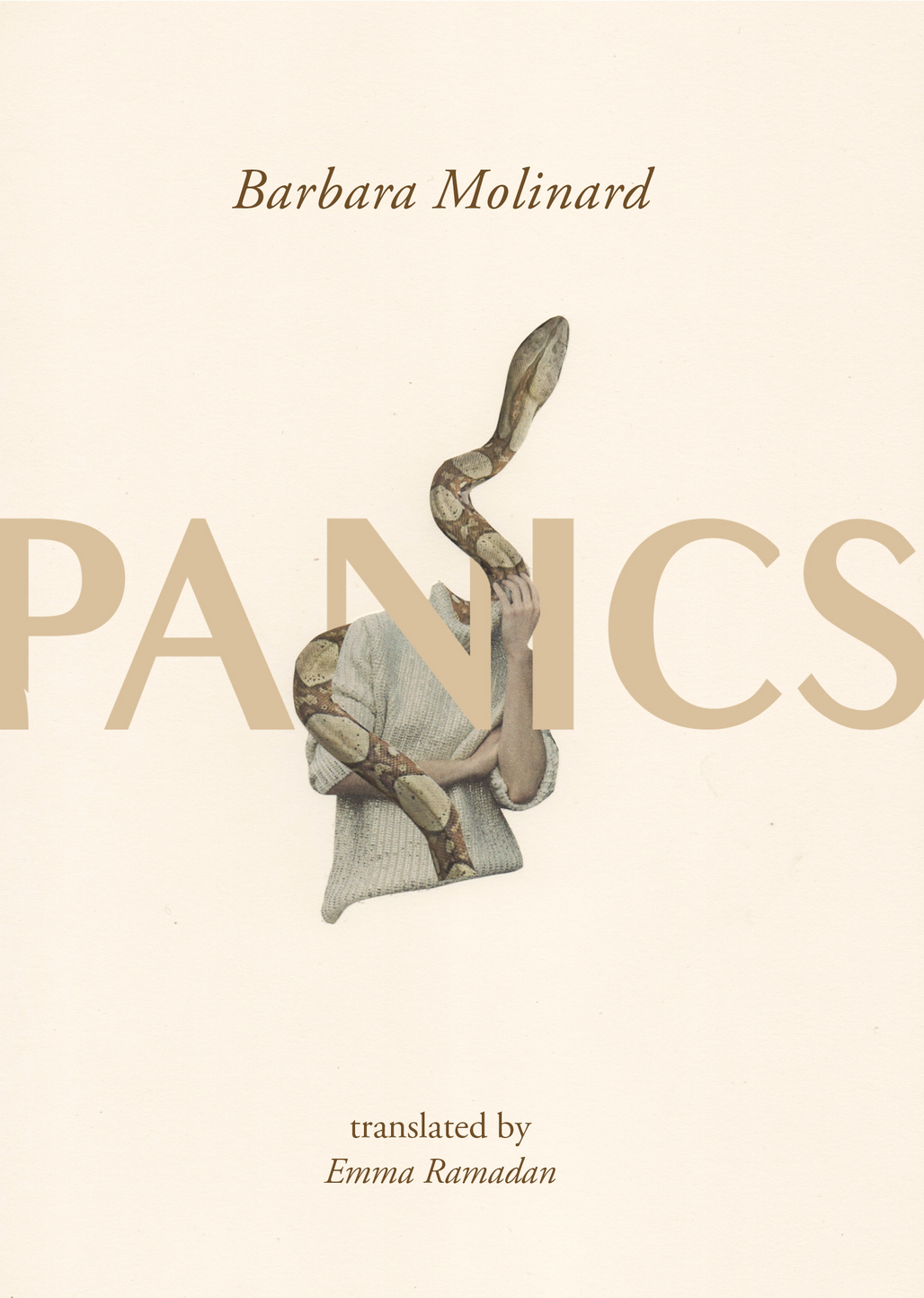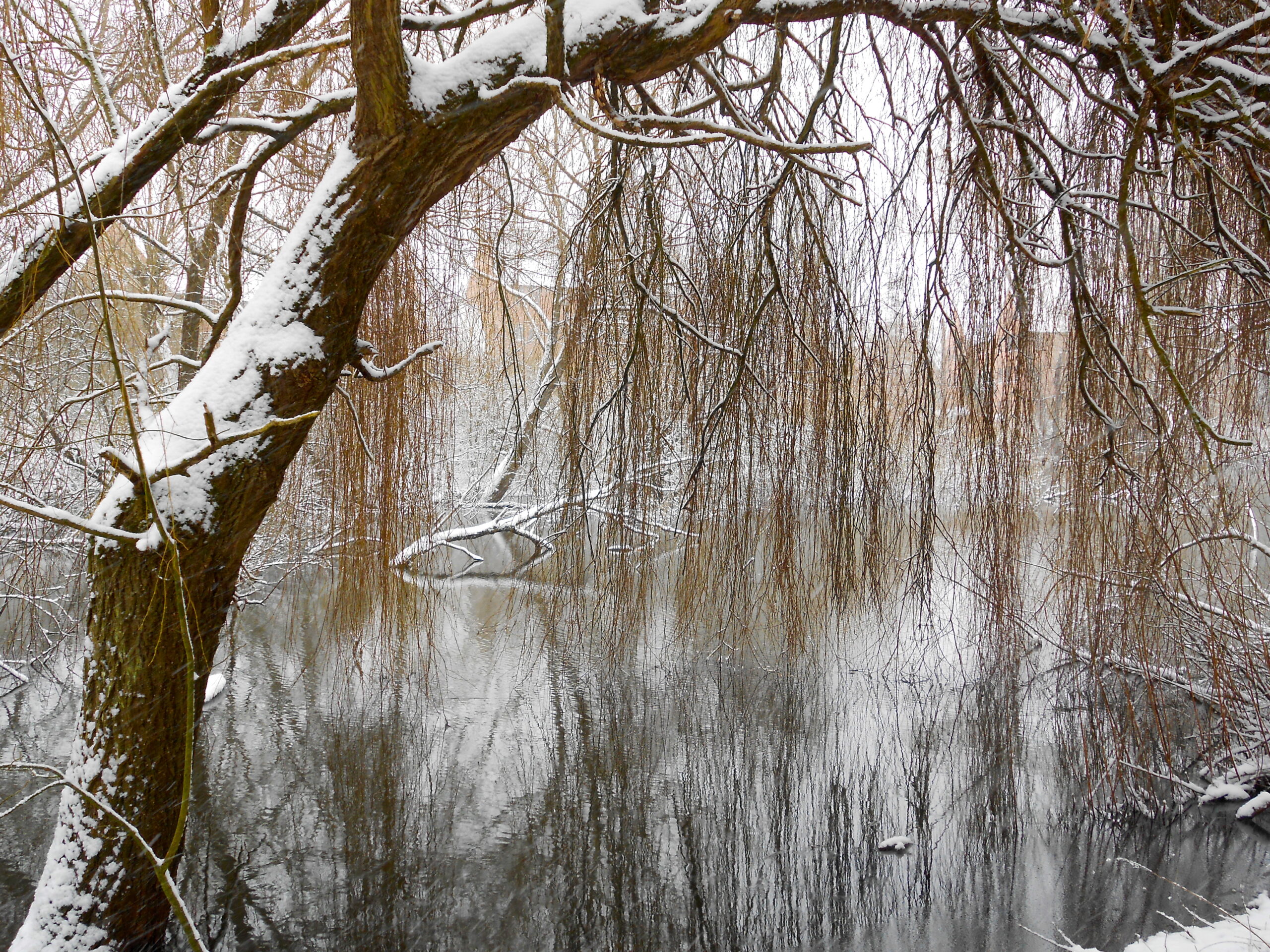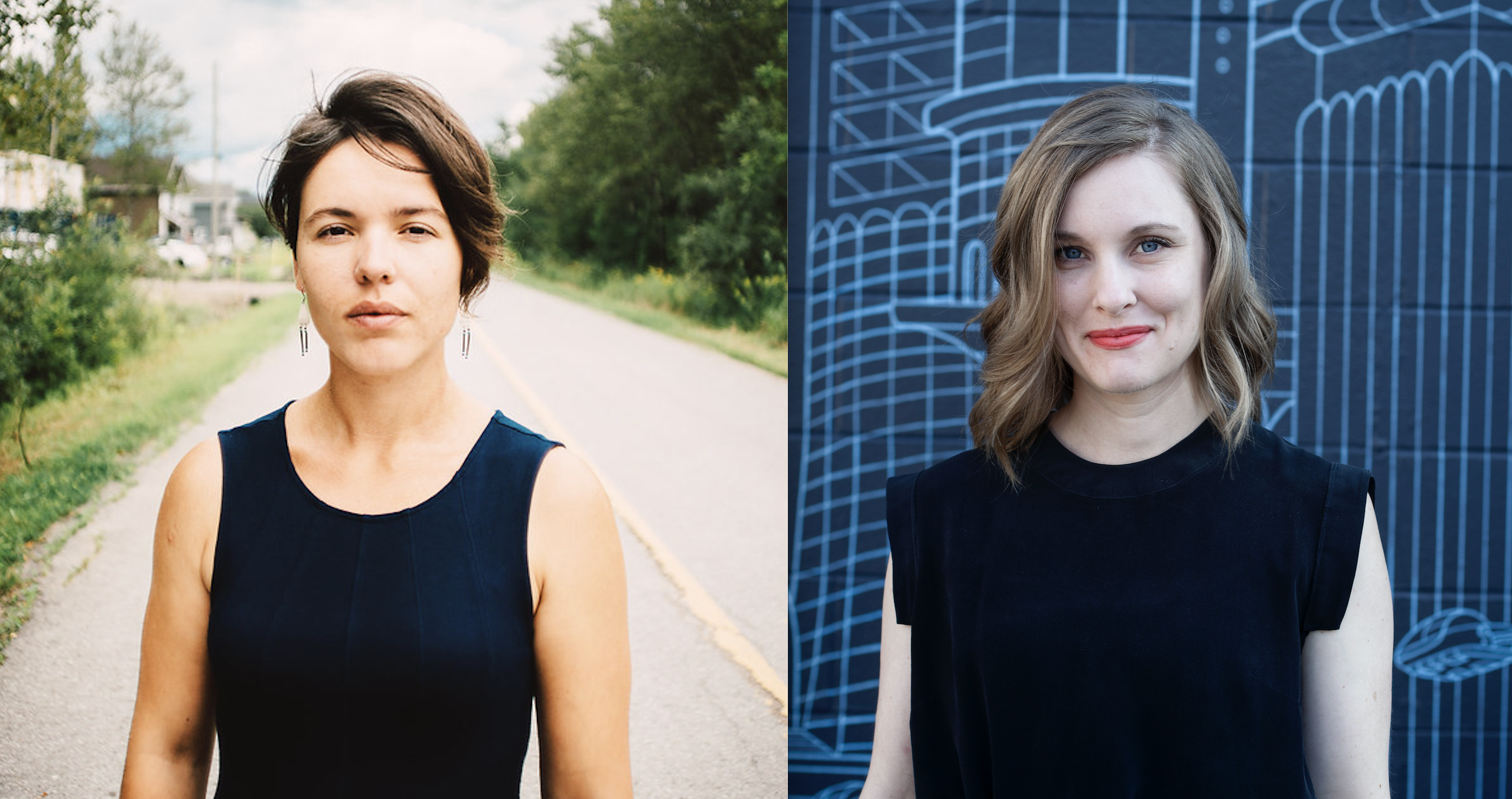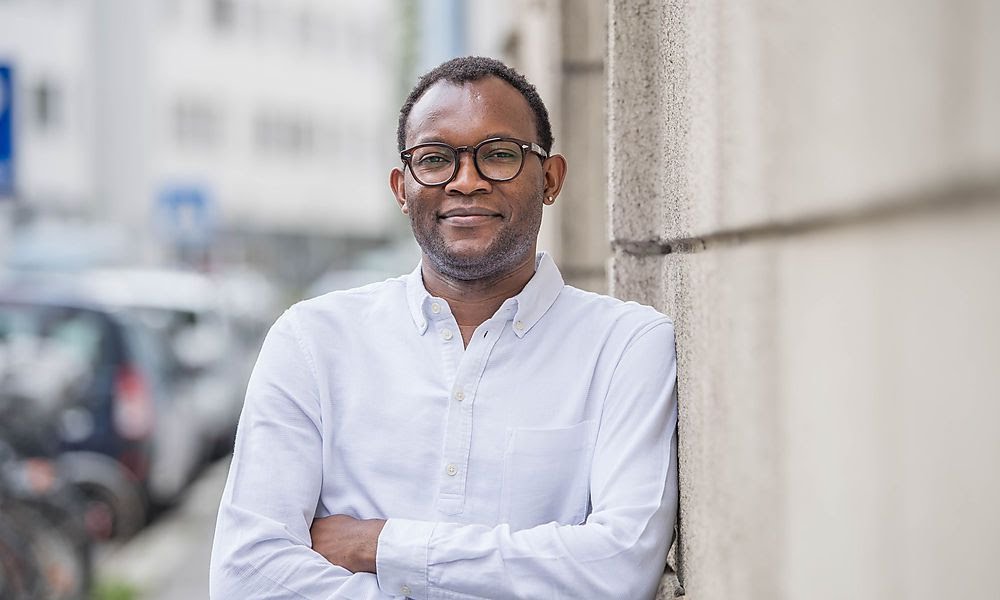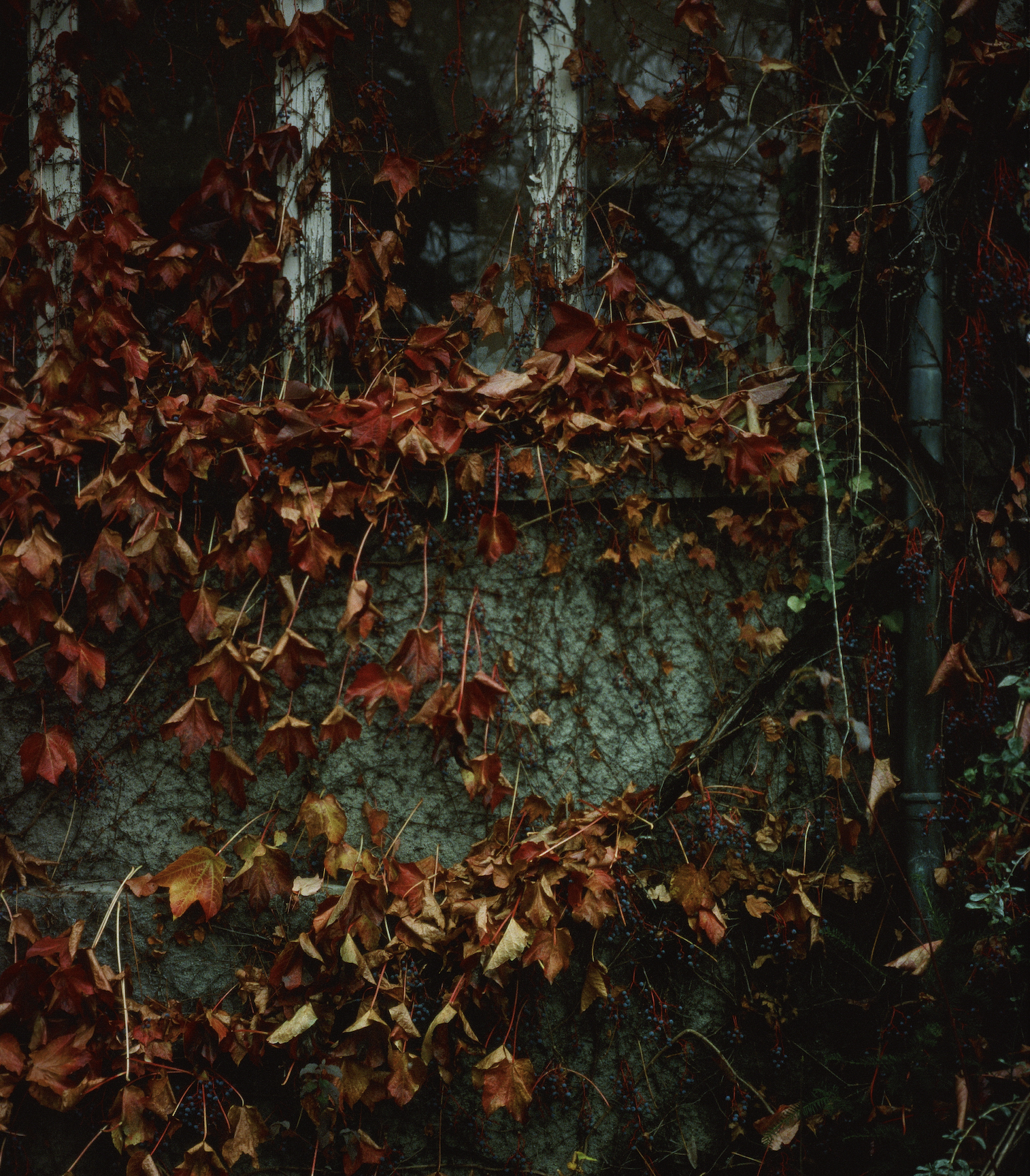By BERTRAND LAVERDURE
Translated by SLP
Poems appear below in English and the original French.
Translator’s note
I stumbled on these poems, fairly literally, in a bookstore in Québec.
I immediately recognized the hyper-connected world M. Bertrand Laverdure writes of—the new networks of pop culture and politicians and internet also familiar to me as an American, and the older networks of gargantuan trees, shaky trees, trees above streams and children playing and park benches and promotional flyers and guidewires. I recognized the surreality of his world. Of the double-address, where each poem is an epistle both to a specific tree with a clear local history, and to figures from cartoons (Skeletor), film (Poltergeist), myth (Penelope), classic literature (Gatsby), and more. The surreality where each tree and literary figure is also “a jpeg,” and where plugging devices into outlets, or each other, mirrors trees (the French word for plugged in is “branché”).
